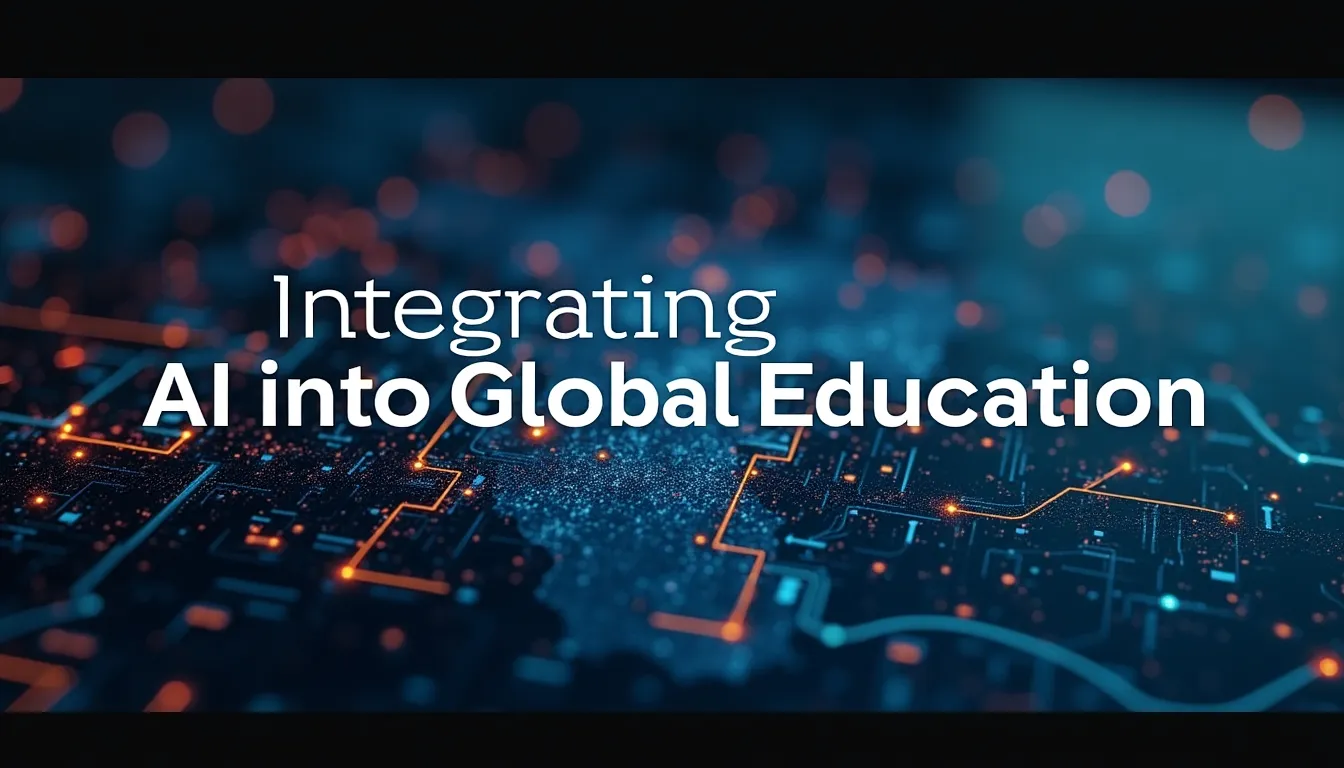Integrating AI into Global Education

As the world observes the International Day of Education, UN Secretary-General António Guterres has stressed the crucial role of learning as a fundamental human right. He emphasized that education serves as a foundational building block for individuals to realize their full potential and fuels societal and economic growth.
In his message, Guterres underscored the dual nature of technological advances, particularly in Artificial Intelligence (AI), which present substantial opportunities for enhancing educational practices but also pose considerable risks. He noted, “Education is an essential building block for every person to reach their full potential, and for societies and economies to grow and flourish.”
The UN Chief highlighted how AI and other technology innovations can aid teachers and students by offering broader access to information and advanced learning tools. However, he raised concerns about the misalignment that can occur between human intent and the impacts of machine-driven systems as their capabilities expand.
This year, the United Nations Educational, Scientific and Cultural Organization (UNESCO) is dedicating the day to exploring the opportunities and challenges presented by AI in the education sector. Director-General Audrey Azoulay called for increased investment in training educators and learners to ensure responsible usage of AI technologies. She stated, “AI offers major opportunities, provided that its deployment in schools is guided by clear ethical principles. To reach its full potential, this technology must complement the human and social dimensions of learning, rather than replace them.”
Guterres reinforced the importance of placing human rights at the forefront of AI’s evolution, recommending that users are equipped with the tools and knowledge to utilize AI effectively and ethically. UNESCO’s frameworks aim to support educators and learners in integrating AI into their educational practices while the recently adopted Global Digital Compact seeks to maintain human oversight in the development and governance of AI technologies.
Despite acknowledging the potential benefits of AI in education, Guterres noted the ongoing divisions among countries regarding its integration. According to UNESCO data, over two-thirds of secondary school students in high-income nations are already using generative AI tools, yet many educators still lack clear guidelines for their application. A 2023 UNESCO survey indicated that only 10 percent of schools and universities have established official frameworks for AI usage.
Furthermore, many countries have begun to impose restrictions on new technologies in classroom settings, with nearly 40 percent of nations adopting policies that ban mobile phones in schools since July 2023, rising from just 24 percent.
The International Day serves as a stark reminder that quality education is a fundamental human right, significantly benefiting individuals while uplifting communities as a whole. Unfortunately, millions of children remain out of school due to various barriers such as gender discrimination, geographic location, social inequality, or armed conflicts. Recent UNESCO data estimates that 251 million children and youth are currently out of school globally.
In a related matter, UNESCO has reported concerning figures regarding student safety; almost one in three learners has faced physical violence during the school year, and one in ten has been a victim of cyberbullying. With many children experiencing violence at school, the effects can severely impact their educational outcomes and overall quality of life.
UNESCO’s work continues to focus on making education safe and inclusive, ensuring that the needs of all learners are addressed effectively.